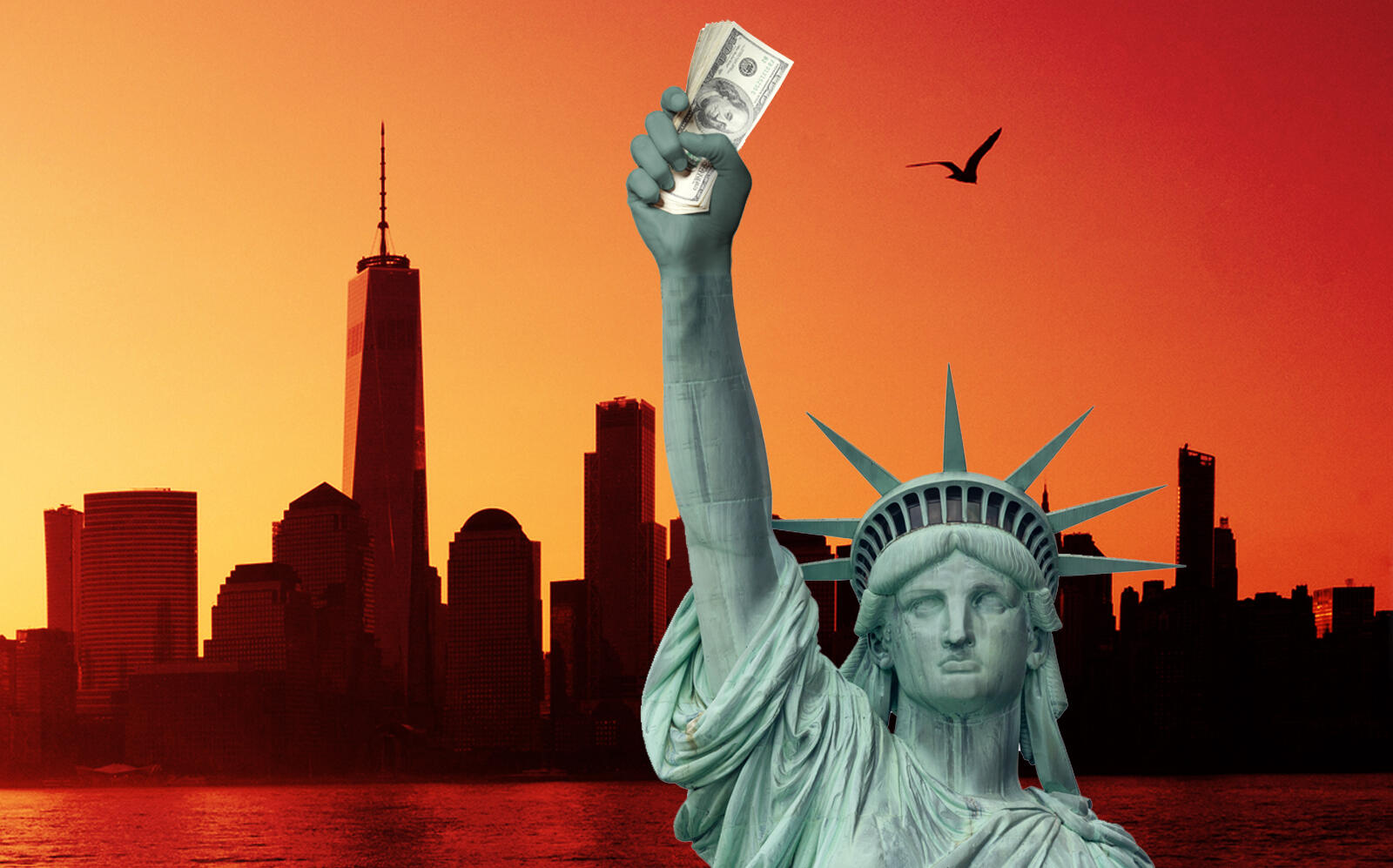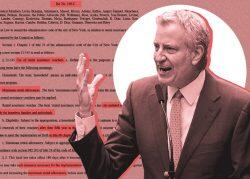 De Blasio bumps up city vouchers as state increase stalls
De Blasio bumps up city vouchers as state increase stalls
Trending
Dream big: Fully-funded federal rent vouchers would bring billions to NY
Universal access would expand aid to four times more households

As tenants and landlords struggled through the pandemic, New York politicians hesitated to help, fearing the financial toll of expanding rent subsidies.
Mayor Bill de Blasio reluctantly agreed to increase city rent vouchers to federal levels in August but warned New York City would be cash-strapped if the state didn’t follow suit. The state bill that would do so is in limbo — passed by the Legislature, but yet to hit Gov. Kathy Hochul’s desk.
But what if the federal government just footed the bill?
Read more
 De Blasio bumps up city vouchers as state increase stalls
De Blasio bumps up city vouchers as state increase stalls
 All eyes on de Blasio after City Council approves housing voucher increase
All eyes on de Blasio after City Council approves housing voucher increase
A new report commissioned by the New York Housing Conference and conducted by HR&A Advisors found a fully funded federal program would not only expand access in New York City and state, but also free up billions of dollars in spending to stimulate both economies.
Yet full funding is more of a thought experiment than a near-term possibility.
Under current funding caps, only 21 percent of households eligible for federal rental assistance in New York City receive vouchers.
By comparison, a fully funded program could assist an additional 689,000 households in the city and 1.1 million statewide. It would, on average, double the money households retained after paying rent and increase new recipients’ annual spending capacity by $7,680.
En masse, households in the state would have $8.58 billion to spend including $5.8 billion for city residents.
The program would lift 300,000 New Yorkers out of poverty and bolster net operating income for affordable housing, yielding 138,000 more units in the city. Households of color, which comprise 69 percent of estimated new voucher households, would benefit most.
If the benefits sound too good to be true, it’s because, considering current legislation, they likely are.
The report does not include the dollar amount needed to ensure all eligible tenants receive subsidies. However, a report released by the National Low Income Housing Coalition estimates it would cost $99.5 billion annually.
By comparison, President Joe Biden’s Build Back Better plan, which the report references as a step in the right direction, includes $90 billion for rental assistance phased in over 10 years. The allotment for New York would aid 69,000 households, a mere 6 percent of the total need, according to the NYHC report.
Thus, for the time being, the trickle-down effects of full funding remain a pipe dream.




